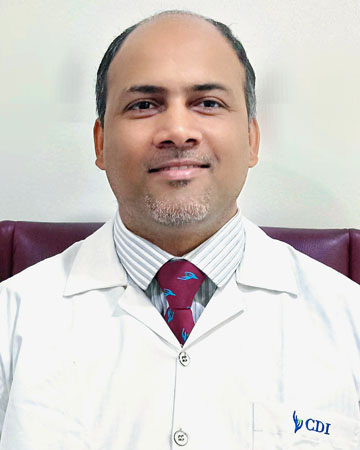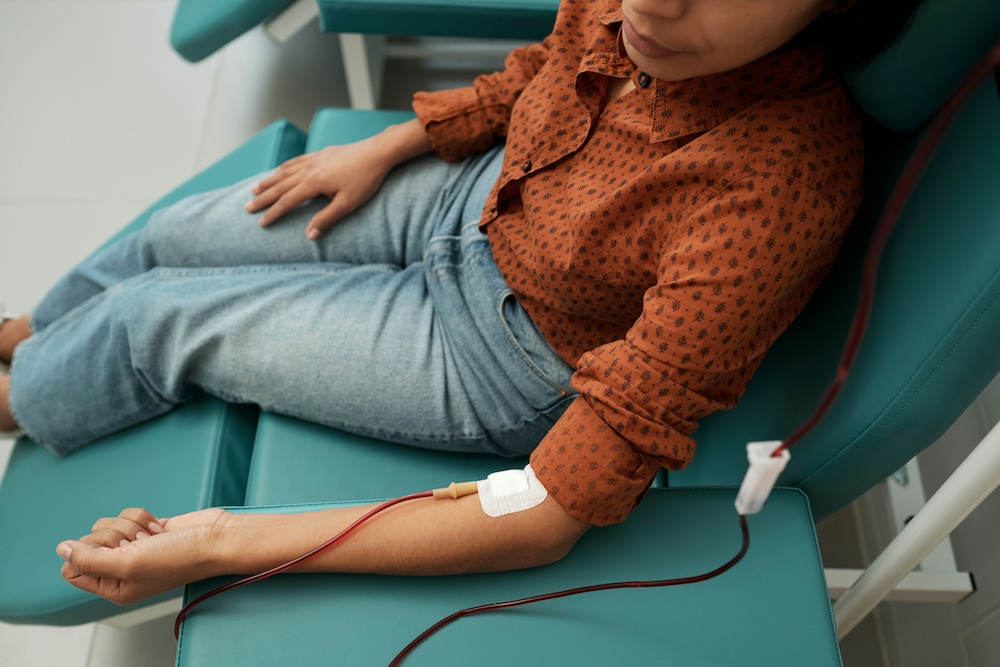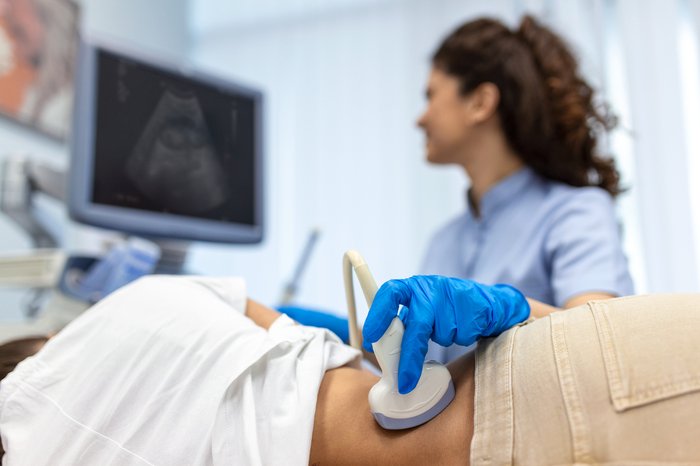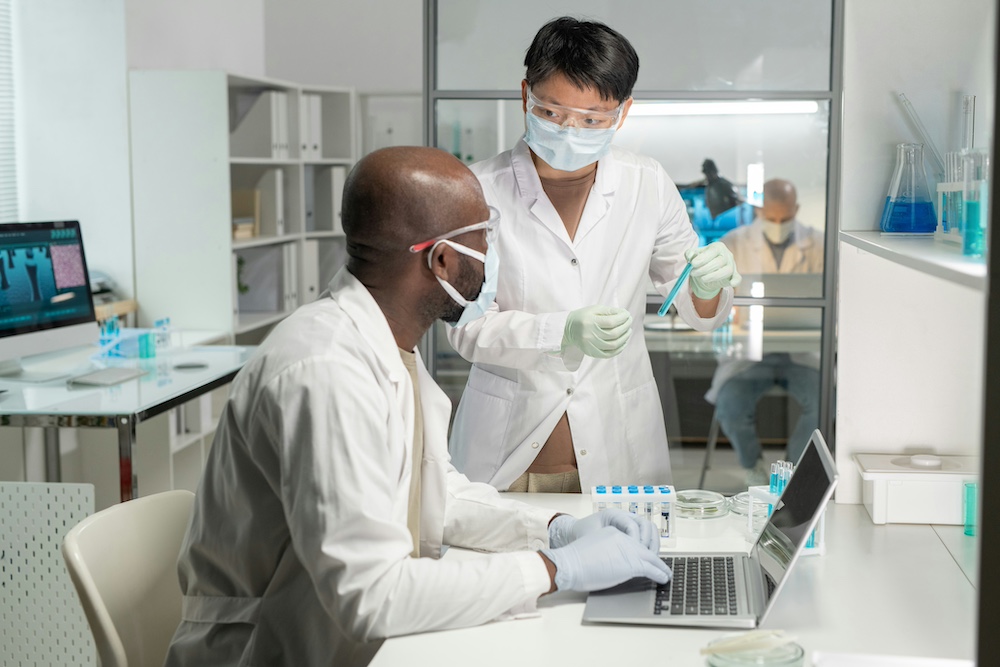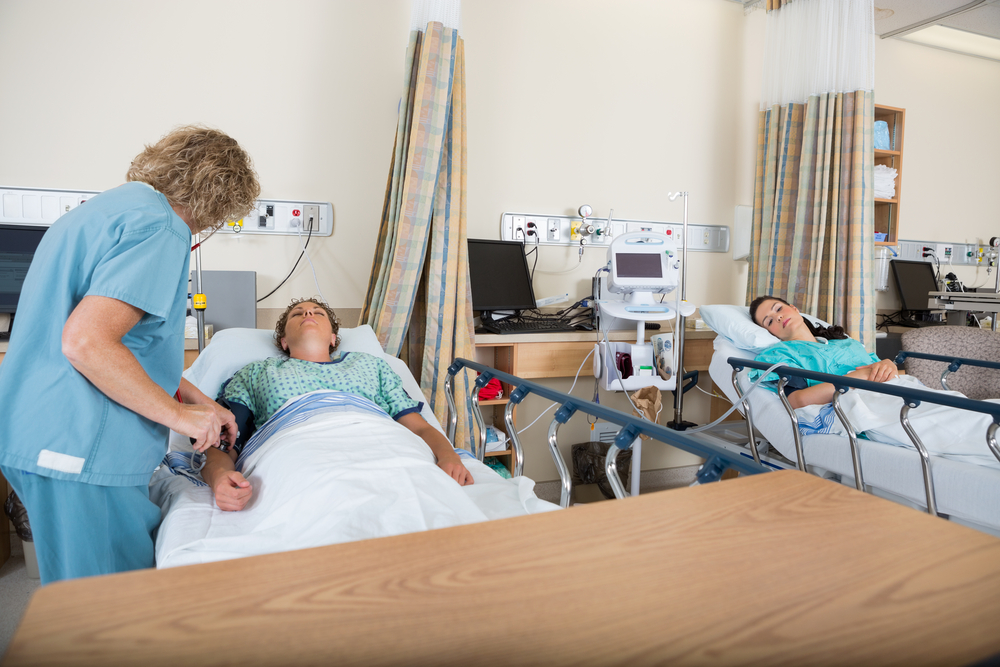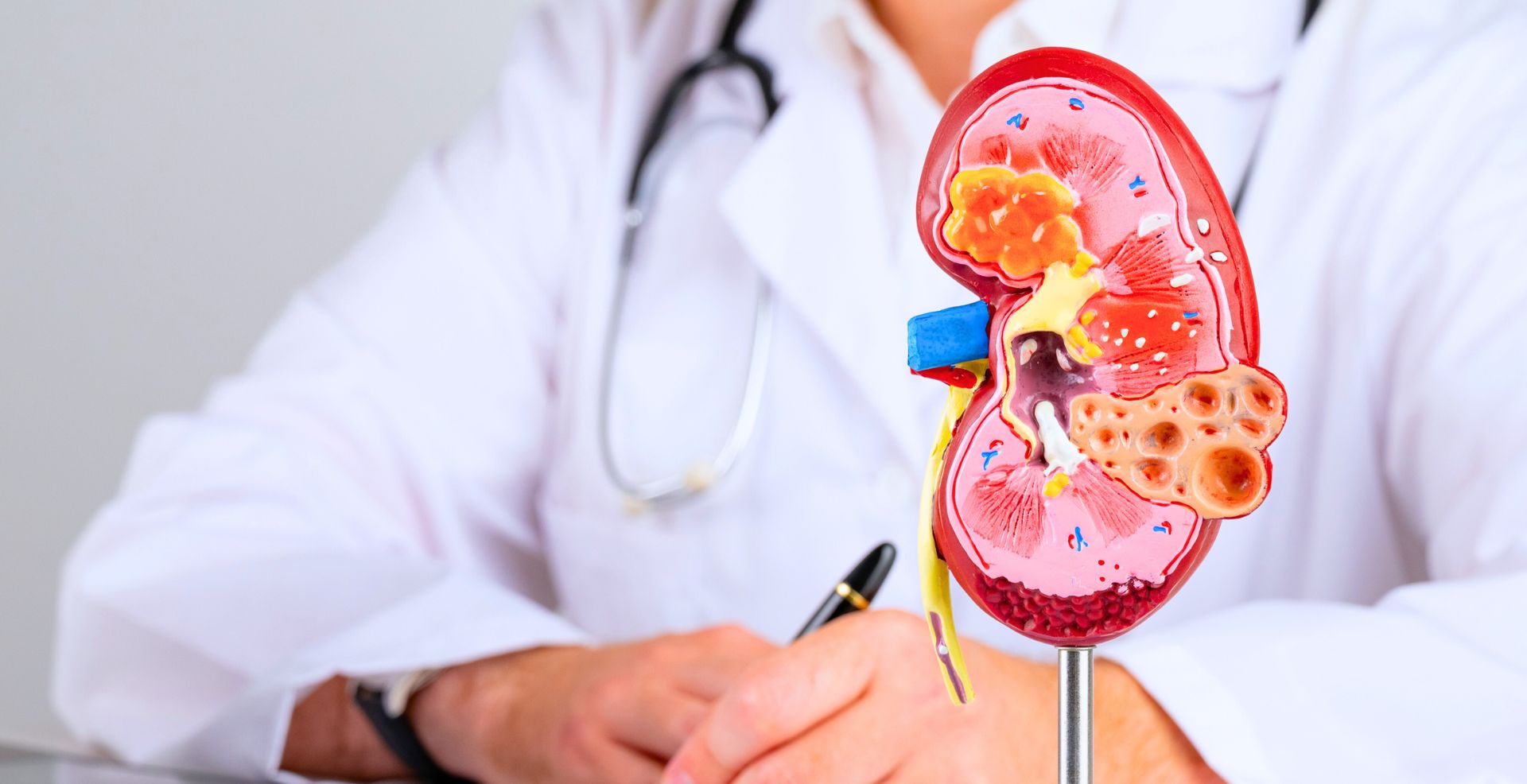
Nephrology
Nephrology
Chellaram Hospital in Pune provides expert nephrology care, addressing a wide range of kidney disorders. The department specializes in managing chronic kidney disease, acute kidney injury, diabetic nephropathy, and kidney stones. Equipped with advanced diagnostic tools and modern dialysis units, it ensures precise diagnoses and effective treatments. The hospital offers hemodialysis, peritoneal dialysis, and pre- and post-kidney transplant care. With a multidisciplinary approach, the nephrology team collaborates with other specialties to deliver holistic care. Emphasizing patient education and lifestyle management, Chellaram Hospital is a trusted center for advanced, compassionate kidney care, improving patients’ overall health and quality of life.
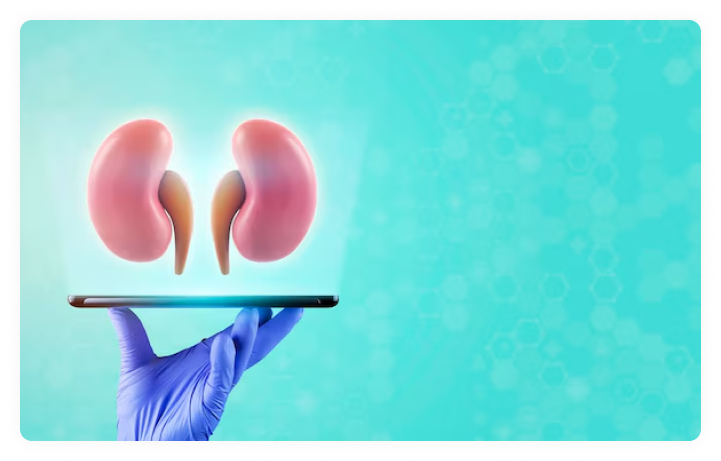
Nephrology Treatments
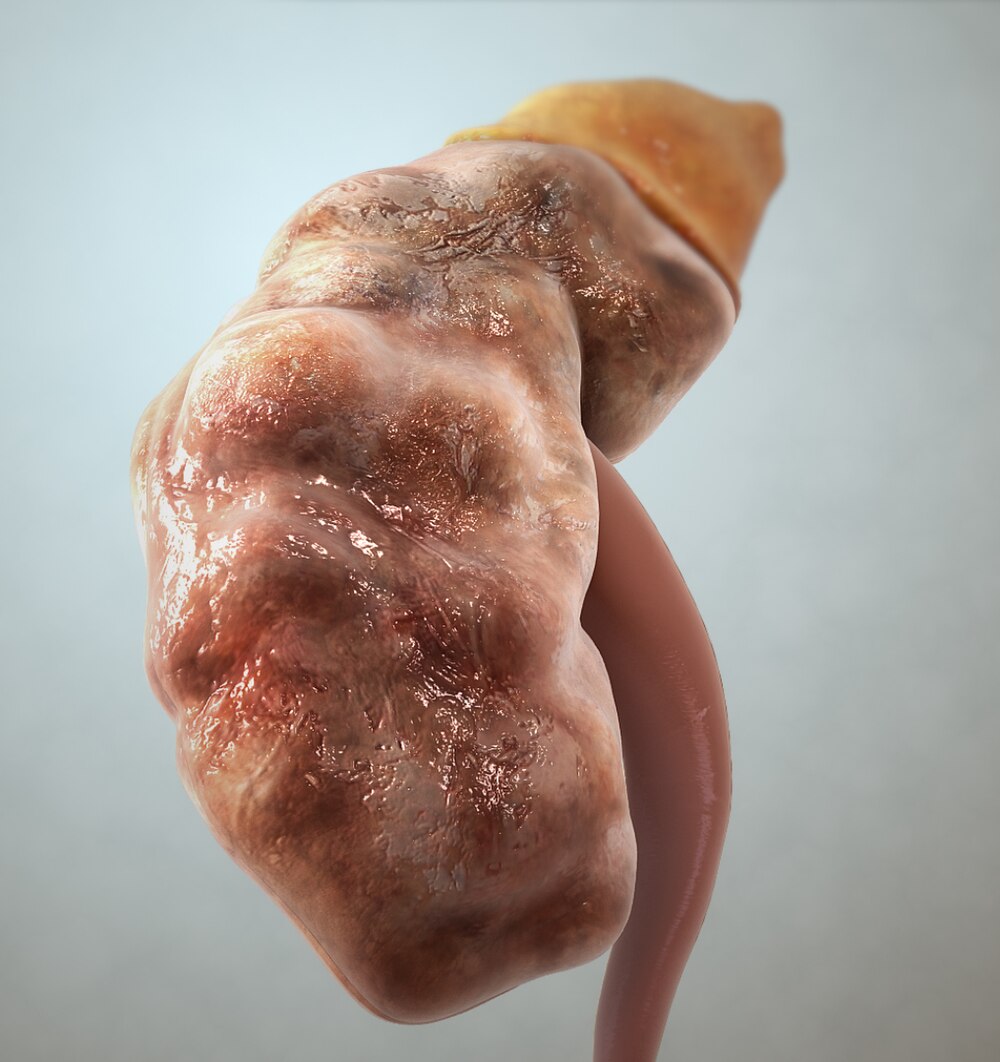
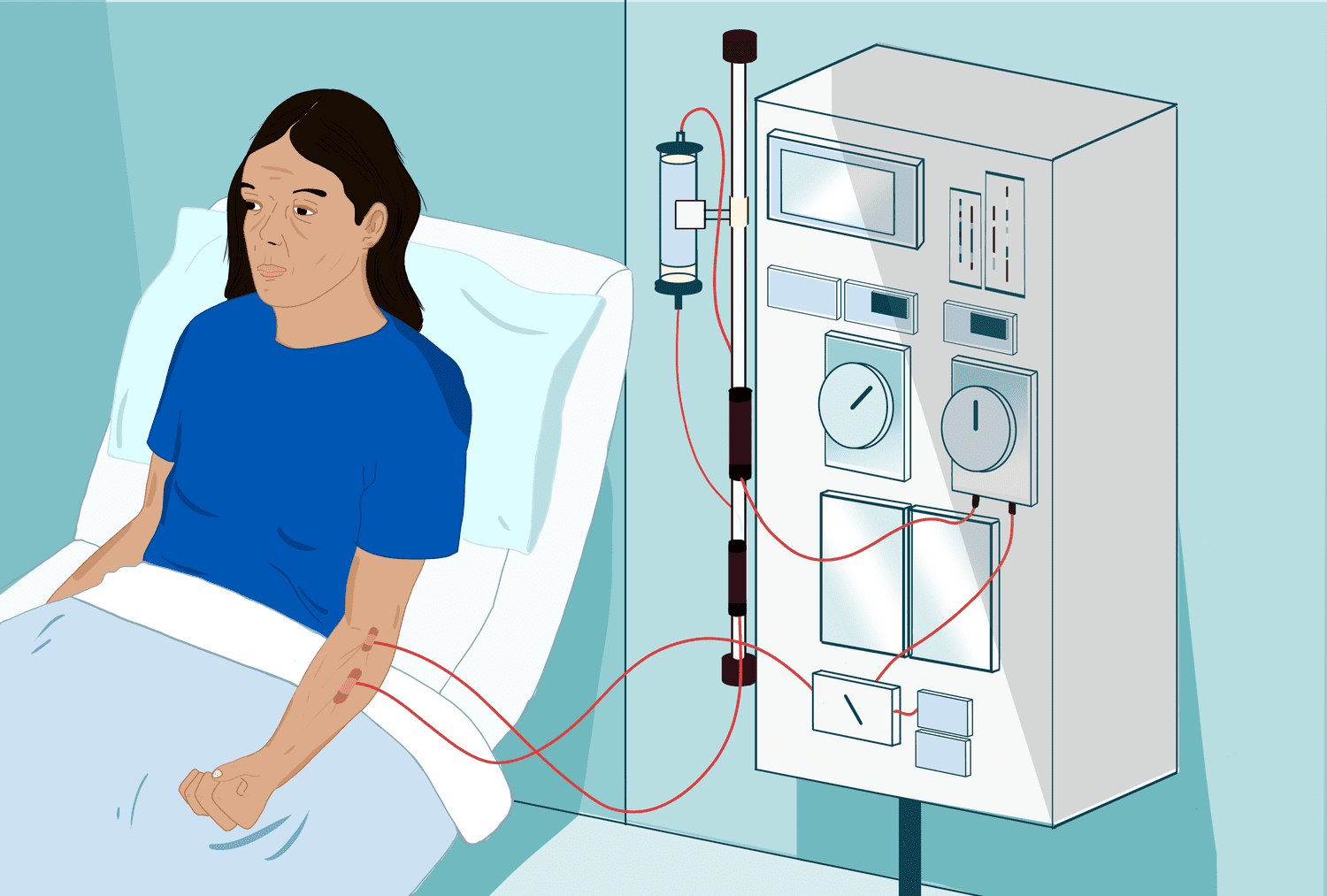
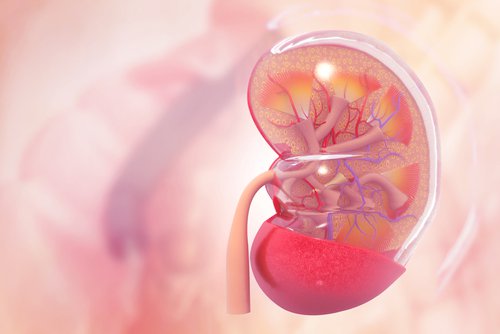

Facilities
Chellaram Hospital is equipped with advanced equipment and modern facilities for Nephrology
Nephrology
Chellaram Hospital Pune understand, how overwhelming it can be to manage renal pathology. For this reason, we've compiled some of the best nephrology specialists in practice, who are committed to provide excellent medical treatment as well as serious about ensuring patients receive proper education and personalized support. Our expert nephrologists who change lives every day with their experience, and knowledge. Also guide about how to empower your journey towards a healthier version of yourself.
At Chellaram Hospital, doctors are not only professionals but have a zeal for their work. They realize kidney problems can be frustrating and complicated so they offer personalized, and caring service for each patient. Whether you have chronic kidney disease or if you are just looking for assistance with maintaining optimal renal function, the specialists, our nephrologists are here to help.
Chellaram Hospital, Pune is the best in Nephrology care, as the hospital has a...
FAQs
Common symptoms include:
- Swelling in the legs, feet, or face (edema)
- Frequent or reduced urination
- Fatigue
- Blood in urine
- Persistent nausea or vomiting
- High blood pressure
- Unexplained weight loss
Nephrologists manage various kidney-related issues, such as:
- Chronic kidney disease (CKD)
- Acute kidney injury (AKI)
- Nephrotic syndrome
- Kidney stones
- Polycystic kidney disease
- Hypertension-related kidney damage
- End-stage renal disease (ESRD)
- Electrolyte imbalances
Key tests include:
- Blood tests: To check creatinine, urea, and electrolyte levels.
- Urine tests: To detect protein, blood, or infection.
- Imaging: Ultrasound or CT scan to evaluate kidney structure
- Kidney biopsy: To examine kidney tissue in great detail.
To maintain kidney health:
- Drink adequate water.
- Consume a healthy, balanced diet that is low in processed foods and salt.
- Avoid overuse of painkillers or non-prescribed medications.
- Monitor and control blood pressure and blood sugar levels.
- Avoid smoking and excessive alcohol consumption.
Preventing kidney failure involves maintaining kidney health and managing conditions that can lead to kidney damage. The following are crucial actions to lower the risk:
Manage Underlying Health Conditions
- Control High Blood Pressure: Keep blood pressure within a healthy range (below 120/80 mm Hg) through a balanced diet, exercise, and prescribed medications.
- Monitor Blood Sugar Levels: Properly manage diabetes to prevent diabetic nephropathy.
- Treat Chronic Conditions: Address lupus, urinary tract infections, or any autoimmune diseases promptly.
Adopt a Kidney-Friendly Diet
- Reduce Sodium: Limit salt intake to control blood pressure and prevent fluid retention.
- Moderate Protein: Avoid excessive protein, as it can strain the kidneys.
- Stay Hydrated: Drink adequate water unless advised otherwise by your doctor.
- Avoid Processed Foods: Limit consumption of foods, heavy in fat and sugar.
Avoid Harmful Substances
- Limit Painkillers: Avoid overuse of NSAIDs (e.g., ibuprofen) and other over-the-counter medications.
- Avoid Smoking: Smoking reduces kidney function and exacerbates existing damage.
- Limit Alcohol: Excessive alcohol intake can lead to dehydration and kidney strain.
Stay Active
- Regular Exercise: Maintain a healthy weight and improve circulation, reducing the risk of kidney disease.
- Avoid Sedentary Lifestyle: Physical activity helps prevent hypertension and diabetes.
Prevent Dehydration
- Drink Water Regularly: Stay hydrated, especially in hot weather or when physically active.
Regular Check-Ups
- Monitor Kidney Function: If you're at risk, get regular tests for kidney health (e.g., GFR and urine tests).
- Track Blood Pressure and Blood Sugar: Early detection of changes can prevent complications.
Nephrotic syndrome occurs due to damage to the kidney's filtering units (glomeruli), which allows the protein to leak into the urine. The causes can be classified as primary (affecting only the kidneys) or secondary (linked to systemic conditions).
Primary Causes
- Minimal Change Disease (MCD):
- Most common cause in children.
- Glomeruli appear normal under a microscope but lose filtering efficiency.
- Focal Segmental Glomerulosclerosis (FSGS):
- Scarring in parts of the glomeruli.
- Can result from genetic factors, obesity, or infections.
- Membranous Nephropathy
- Immune deposits cause the glomerular membranes to thicken.
- Common in adults.
Secondary Causes
- Systemic Diseases:
- Diabetes Mellitus: Diabetic nephropathy damages the glomeruli over time.
- Lupus (Systemic Lupus Erythematosus): An autoimmune condition causing kidney inflammation.
- Amyloidosis: Abnormal protein buildup in the kidneys.
- Infections:
- Hepatitis B or C.
- HIV/AIDS.
- Malaria
You should consult a nephrologist if you experience:
- Persistent swelling
- Changes in urination patterns
- Abnormal blood or urine test results
- Uncontrolled high blood pressure
- A family history of kidney disease





